Mr Dan Addis, Head of Academic Scholarship at WHS, looks at our continuing Academic Scholarship programme and how you can get involved.
How often do you feel you really get to think? I mean, really think. To get your mind around a question, mull it over, think of a variety of angles, add variables, take away variables, introduce other protagonists who could affect the outcome, analyse experts’ views to see what suggestions they have, bring the idea down to the absolute minimum and build it back up.
In the day to day of modern existence, I would suggest this has been a rare occurrence until recently. I have no doubt you have seen umpteen articles on what being in lockdown has allowed people to do, but please forgive me one more example. With the time at my disposal, I decided to take on the burden of cooking ‘proper’ meals (as opposed to pasta and sauce) and the question that appeared to me was “What should I do with this cabbage?”. On the surface, I admit, this seems like a very banal question, not in keeping with the title of this post. However, I had the opportunity to run with it. I immediately ruled out just boiling it as a side, I wanted it as a key ingredient. I could not think of any recipes particularly that had cabbage as a key element, so I had to change my angle. Kimchee perhaps, exciting but not in the flavour spectrum I was looking for. I could add spices, herbs, perhaps a meat option. I ended up with a full roast meal in my head, but that seemed to complex, so I pared it back down. I asked my fiancée what she thought, what flavours she was hankering for. She suggested something hearty with gravy. Excellent call, but just cabbage and gravy? Not enough! I went to the internet, did some research on dishes involving cabbage. I mused on the topic for at least an hour. In the end, I made an Irish colcannon with an onion gravy, garnished with spring onions. It was exactly what I wanted.
I hope there are not too many of you who are looking at this and are exasperated. I was promised Scholarship and I have been given the culinary ravings of some idiot! But consider a different question I grappled with over lockdown. Do I have a philosophy of life? I started by thinking about what is important to me, considering the different aspects of my life that bring me joy or cause me distress. I asked my fiancée about her thoughts regarding what I find important and took on her feedback. I found a Blinkist (link below) page on personal philosophies and learnt the difference between Epicureanism, Daoism, contemporary Islam and more. I thought about it carefully for at least an hour. In the end I decided I am a modern Stoic. It fit my personality and priorities.
If I review the two questions I above, there is only one which many would consider to be worthy of scholarship. But if we look at the processes I went through in each instance, are they particularly different? Were there different skills evident in each instance? I would argue not and believe that the future of Scholarship lies in the broadening of our concept of what Scholarship is away from the traditional models and into more complex and interesting territory.
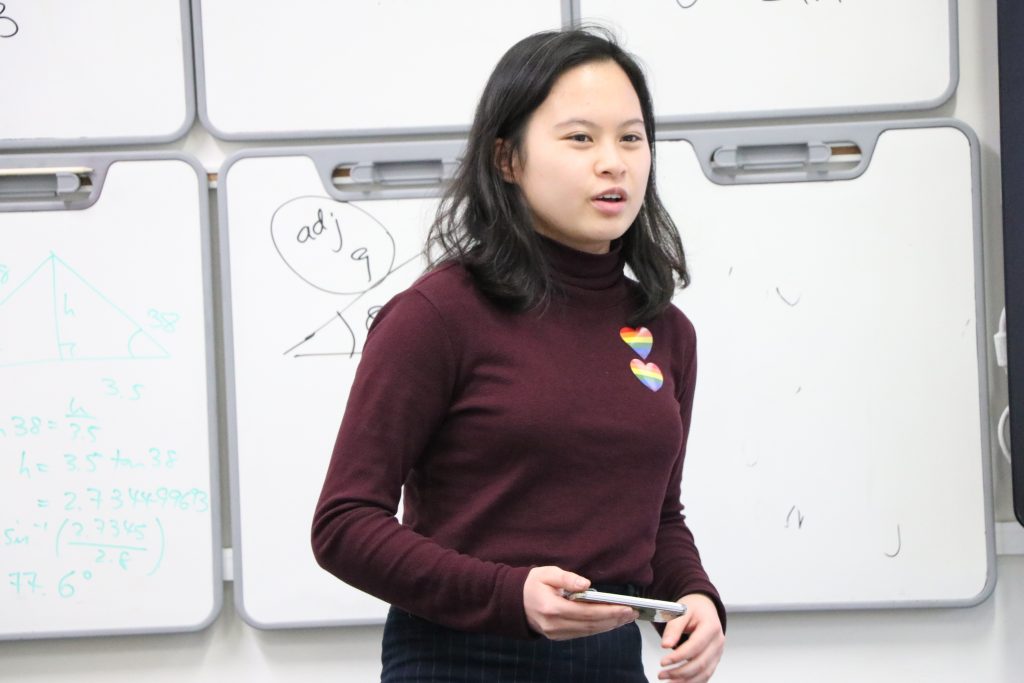
There are two messages I would like to argue for in this blogpost:
- Anything can be Scholarship; and I mean anything;
- The interesting part of Scholarship is the similarities and connections between the lines of conventional subject knowledge.
To my first point, I would like to turn to Mary Beard. In the introduction to her book “Confronting the Classics” makes the case for the study of Classics not just for the benefit of the individual, but so we are certain that ‘someone’ is studying it. It does not really matter who that someone is, but it is vital that there are experts in the field to ensure knowledge is not lost and context is understood. Without these experts understanding the depth and complexity of a topic, we are bound to fall into clichés and incorrect retrieval of history used to divide us or perpetuate a damaging status quo (gestures at everything).
In the recent Black Lives Matter protests and movements, one of the appeals made towards white allies to the cause was that we educate ourselves. A huge amount of phenomenal material has been designated unworthy of scholarship because it does not fall into the prescribed canon. There have been innumerable posts across social media asking why people have not learnt about Black Wall Street, the true history of colonisation, that Alexandre Dumas was black, and many further examples. I would argue much of this is to do with what we consider worthy of learning.
When establishing the new National Curriculum, the government said they were firmly indebted to the work of E.D. Hirsch, who advocates for a Scholar Academic model in which there is a corpus of information that it is vital to know in order to succeed in our society and have a beneficial education. In this corpus, there are the usual suspects; Troy, British Empire, Holocaust, American Civil War etc. However, there is a distinct lack of inclusion about African history and culture, understanding of Chinese philosophy, Aboriginal oppression across the globe, and other key ideas and stories that are important if we want to build a more united world away from the bastion of the old white men’s club. The National Curriculum is doing a disservice to our children, and I believe the starting point of a shift away from this damaging perspective comes from an acknowledgement that anything can be scholarly. Everything is worthy of study so long as the person is interested and willing to look at the topic in an academic fashion from multiple angles. If we move to this understanding of scholarship, as opposed to a traditional model of what can be deemed scholarly, then we will create opportunities for our students to extend their learning beyond what is expected and have a generation of students who do not put a ranking on knowledge; who do not assume that certain facts, figures and stories have greater worth than others; and who can go into the world open minded and willing to explore without the weight of historical prejudice hanging onto them.
My second point connects prominently to our STEAM+ ideology, now towering in a beautiful physical manifestation at the centre of our school. Within the hierarchy of knowledge, which I discussed earlier, is a rather Victorian perspective on education; that knowledge can be chopped up and distributed to the students in easily differentiated chunks. However, this means that links are missed, the core elements that combine the different subjects are thrust apart. By encouraging the students to focus on whatever they find interesting, whether it is in official curricula or not, we can encourage students to attack a problem from multiple angles, playing with the blurred lines between the subjects, and discovering links that were hidden to them before. Quite apart from the fact that this lateral thinking is a skill that will benefit them in whatever avenue they wish to pursue in later life, it is also fun and rewarding. One of my greatest delights as a teacher is seeing a student’s awe-filled expression when they discover a link between subjects. (My favourite is explaining the connection between the Latin ambulare – to walk, and the modern day ambulance and how it comes from the fact that wounded soldiers on historical battlefields used to be carried away by people walking with a stretcher).
Scholarship should be fun and exciting, and the links students discover are what make it so. It becomes complex, rich and akin to discovery, when traditional learning can be staid, bland and akin to commuting. We need to encourage our students to find the fun of scholarship as that is the greatest gift we can give them.
I shall finish this blog by outlining how we plan to do this in our Academic scholarship programme, which is open to all students who wish to engage with it. Our intention is to encourage individuality. Scholars will be having 1 on 1 meetings with myself each half term to talk with them about their own areas of interest, from football to Hamlet. Whatever takes their fancy, we encourage them to do their own research, explore the topic in detail from a variety of perspectives, and then create something. Over lockdown, several of our KS3 students created short videos on areas of interest, from prized pets to quantum computing (which you can find here), as an example.
The idea is to allow them freedom in their study, away from the traditional academic models. To give them inspiration we also have a variety of different academic opportunities they can engage with. We have the Rosewell lecture programme, which will be done virtually, with speakers due to be announced soon. We will have the Explore programme, where our teachers will delve into topics that are interesting and engaging beyond the set curriculum. Tea and T’inking, a club where students can discuss and analyse topics as random as synaesthesia to meme culture, will be a safe environment where no question is unacceptable and help students stretch themselves intellectually. We also will have the Masterclasses, as mentioned in the co-curricular programme. And more than any of this, I would be delighted to hear from any student who has an area of interest and would like to pursue it. Whether it is writing an article for WimLearn, submitting an essay for a competition, or just discovering something new and wanting to discuss it. Scholarship is for everyone and should be free and open to run in any direction. We are here to help students follow that interest and passion; who knows where it may end up!
I would like to finish this article by returning to my cabbage. I will admit that I did use a particularly ridiculous example to make my point (a classic reductio ad absurdum!). However, did you know that cabbage has been cultivated for over 6000 years, almost longer than any other vegetable? That eating cabbage helps keratin production which leads to healthier hair, skin and nails? That raw cabbage juice is used as headache relief? That cabbage used to be an elixir for baldness? See, even the humble cabbage can be interesting and scholarly!
References:
https://www.blinkist.com/ – website/app that condenses non-fiction books into easily readable chunks or 15-minute podcasts.
Beard, M. (2014) Confronting the Classics: Traditions, Adventures and Innovations, Profile Books Ltd
Hirsch, E.D. (1988) Cultural Literacy: What every American needs to know, Random House USA
McInerney, L. (2012) Things to know about ED Hirsch and the ‘Common Cultural Literacy’ idea, https://cfey.org/2012/10/things-to-know-about-ed-hirsch-and-the-common-cultural-literacy-idea/
Pigliucci, M., Cleary, S., Kaufman, D., (2020) How to live a good life: A guide to choosing your personal philosophy; Penguin-Random house.

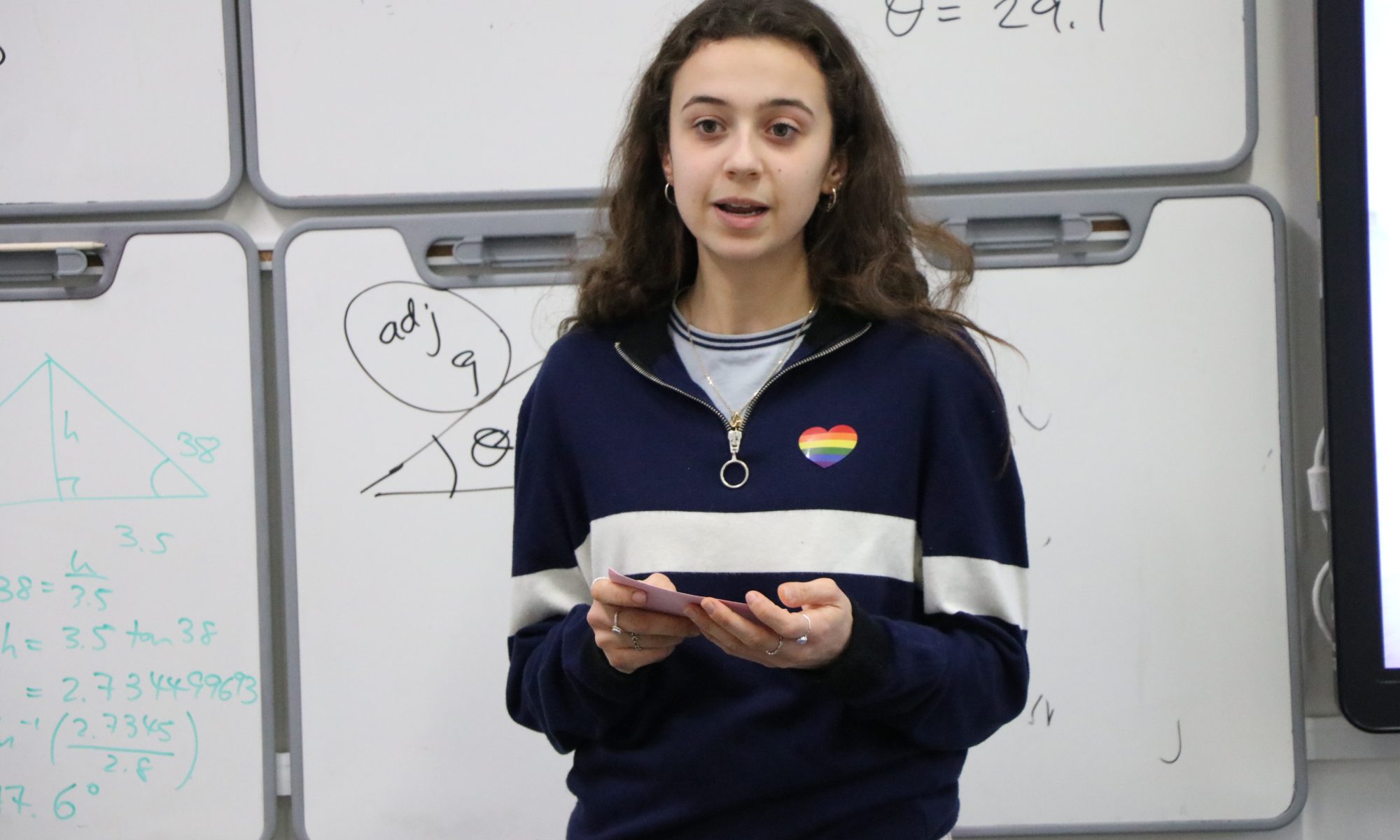
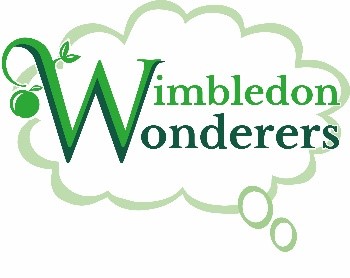
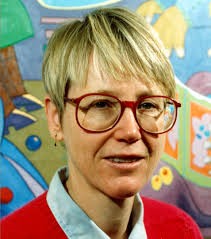
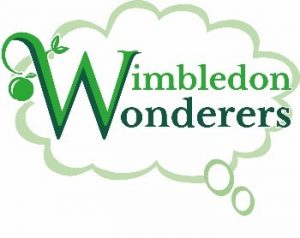 Alongside high-quality provision in lessons, the academic stretch programme challenges our learners throughout the school.
Alongside high-quality provision in lessons, the academic stretch programme challenges our learners throughout the school. Our robust Explore and Rosewell lecture series welcomes external speakers to challenge and provoke those girls in Years 9 to 13 to think more deeply both within and without their subject specialism. Parents, teachers and partner schools are welcome at these lectures. Our external speakers have included: Janet Henry, Chief Global Economist for HSBC, “Diverging fortunes”; “In conversation with” Gillian Clark, poet, playwright,
Our robust Explore and Rosewell lecture series welcomes external speakers to challenge and provoke those girls in Years 9 to 13 to think more deeply both within and without their subject specialism. Parents, teachers and partner schools are welcome at these lectures. Our external speakers have included: Janet Henry, Chief Global Economist for HSBC, “Diverging fortunes”; “In conversation with” Gillian Clark, poet, playwright, 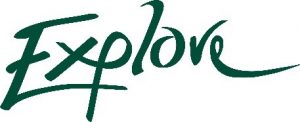 editor, broadcaster; Prof Vicky Neale, Whitehead lecturer at the Mathematical Institute, “Closing the Gap, the quest to understand prime numbers”; Dr Guy Sutton, “Mind and brain in the 21st Century”.
editor, broadcaster; Prof Vicky Neale, Whitehead lecturer at the Mathematical Institute, “Closing the Gap, the quest to understand prime numbers”; Dr Guy Sutton, “Mind and brain in the 21st Century”.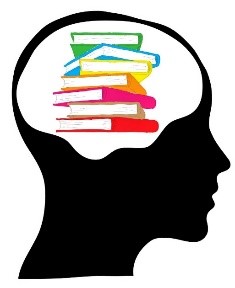
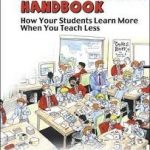 A discussion of “The Lazy Teacher’s Handbook” by Jim Smith drew the following comments:
A discussion of “The Lazy Teacher’s Handbook” by Jim Smith drew the following comments: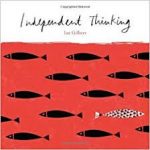 “Independent Thinking” by Ian Gilbert elicited the following:
“Independent Thinking” by Ian Gilbert elicited the following: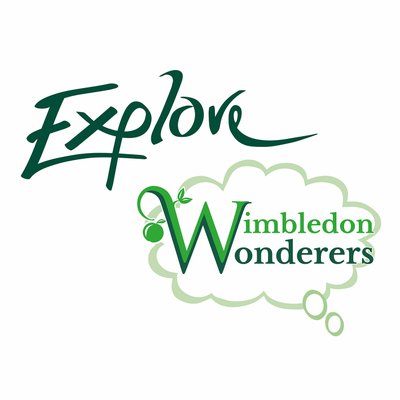
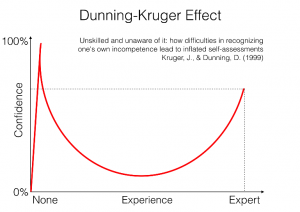 They say a little knowledge is a dangerous thing. If we consider the Dunning-Kruger effect (demonstrated on the diagram to the right) we might agree. The principle is that ‘knowledge without sufficient experience can lead to an overestimation of ability’. It is no surprise that Donald Trump has been nicknamed the ‘Dunning-Kruger President’ in articles by the New York Times, Bloomberg, and the Independent. I recall an interview where he tries to explain uranium to his audience:
They say a little knowledge is a dangerous thing. If we consider the Dunning-Kruger effect (demonstrated on the diagram to the right) we might agree. The principle is that ‘knowledge without sufficient experience can lead to an overestimation of ability’. It is no surprise that Donald Trump has been nicknamed the ‘Dunning-Kruger President’ in articles by the New York Times, Bloomberg, and the Independent. I recall an interview where he tries to explain uranium to his audience: